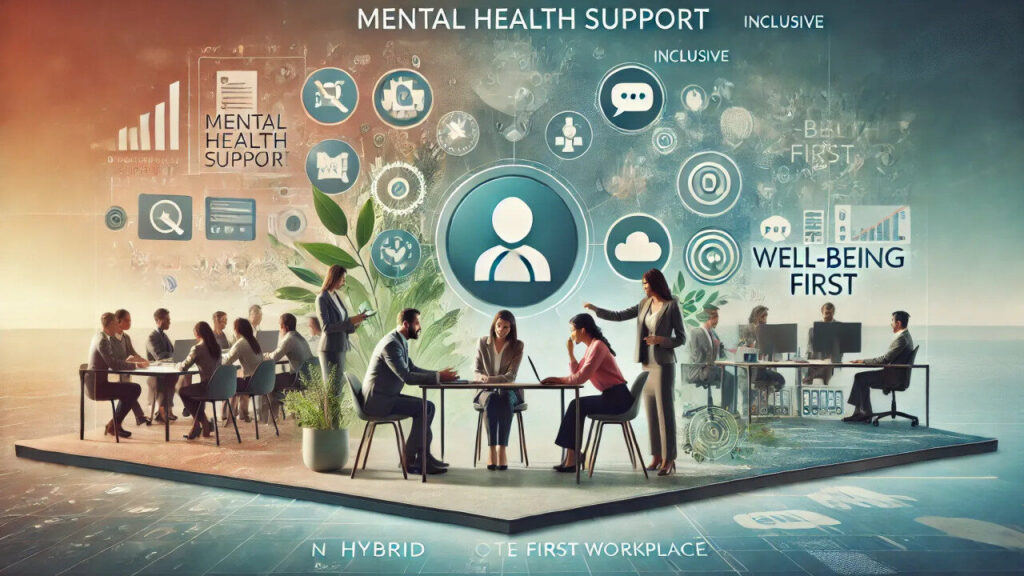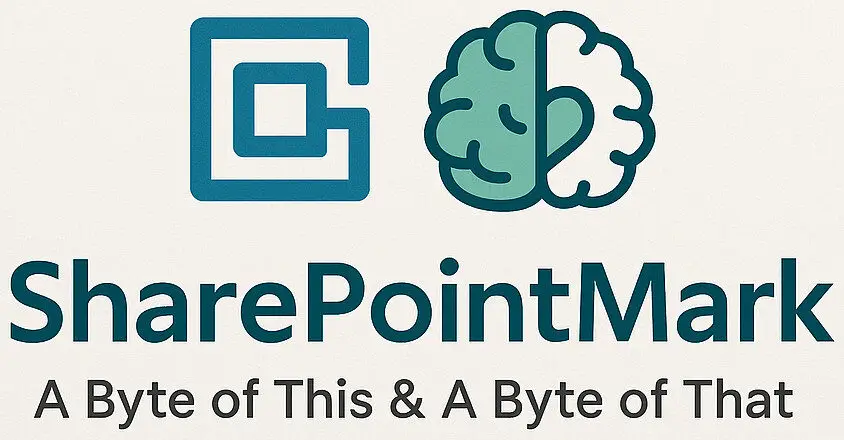The Role of a Mental Health First Aider

The Role of a Mental Health First Aider In today’s fast-evolving workplace landscape, where hybrid and remote work have become the norm for many, the role of a Mental Health First Aider (MHFA) has never been more vital. While organisations increasingly improve their understanding of the importance of mental health, bridging the gap between awareness and action requires skilled individuals equipped to provide initial support, guidance, and reassurance to those in distress. Completing my own Level 3 Mental Health First Aid in the Workplace Certification (MHFA), provided by Qualsafe, was a profound experience that illuminated the challenges individuals face and the critical role first aiders play in offering meaningful support. It reinforced that mental health is not a unique concern, it is universal, affecting everyone in some way, whether directly or indirectly. This post explores the responsibilities, boundaries, and impact of being a Mental Health First Aider, with a particular focus on how this role adapts to support hybrid and remote employees. Mental health support is not confined to an office space, and organisations must ensure that employees, wherever they work, have access to a supportive network that prioritises well-being. Why This Post Matters The role of a Mental Health First Aider goes far beyond providing a listening ear. It is about: Recognising the early signs of mental distress. Providing immediate, non-judgemental, confidential support. Guiding individuals towards professional help when needed. Promoting a culture of openness and inclusivity in the workplace. By delving into the details of this role, this post aims to empower individuals and organisations to better understand the importance of mental health first aid and how it can be effectively implemented in a modern, distributed workforce. Table of Contents What is a Mental Health First Aider? Responsibilities of a Mental Health First Aider. Supporting Hybrid and Remote Teams. The Skills of a Mental Health First Aider. Real-World Applications of Mental Health First Aid. The Boundaries of a Mental Health First Aider. The Benefits of Mental Health First Aiders in the Workplace. Encouraging Organisations to Train Mental Health First Aiders. Mental health is not bound by location or circumstance. Whether an employee enjoys working in a bustling office or is struggling in isolation at home, the support of a trained first aider can make all the difference. Let us explore this crucial role and how it adapts to the challenges of today’s workplace. What is a Mental Health First Aider? A Mental Health First Aider (MHFA) is an individual trained to provide initial support to someone experiencing a mental health crisis or displaying signs of emotional distress. While they are not therapists or medical professionals, their role is vital in creating a bridge between an individual in need and the professional help they may require. Defining the Role Just as physical first aiders respond to immediate medical needs, mental health first aiders are there to: Recognise distress: Identify signs of mental health challenges such as anxiety, depression, or burnout. Listen empathetically: Provide a safe, non-judgemental space for individuals to share their feelings. Encourage support: Guide individuals toward appropriate resources, whether through organisational channels like Employee Assistance Programmes (EAPs) or external professional services. Mental health first aiders act as a first point of contact, offering reassurance and hope while respecting the boundaries of their training. How They Differ from Mental Health Professionals While mental health first aiders play a critical role, it is essential to understand what they are, and are not: They are not therapists or counsellors: Mental health first aiders are not trained to diagnose or treat mental illnesses. Their primary goal is to provide immediate support and connect individuals with professional resources. They work within boundaries: Unlike mental health professionals, their interventions are short-term and focused on immediate care rather than ongoing therapy. They are part of a broader support network: Mental health first aiders complement, but do not replace, formal mental health services. Why the Role is Essential The presence of trained mental health first aiders has a tangible impact on a workplace. They help to: Reduce stigma: By normalising conversations around mental health, they create an environment where individuals feel safe seeking help. Provide early intervention: Recognising and addressing issues early can prevent more serious challenges from developing. Foster inclusivity: Mental health first aiders promote a culture where everyone, regardless of their mental health status, feels valued and supported. Adapting the Role for Hybrid and Remote Workplaces The shift to hybrid and remote work has reshaped the workplace, presenting unique challenges for mental health support. Mental health first aiders must adapt their approach to ensure employees working remotely are not left behind. Recognising Digital Distress: Look for signs such as prolonged absences from virtual meetings, withdrawal from team interactions, or uncharacteristic behaviour in emails or messages. Providing Remote Support: Use digital tools such as video calls or messaging platforms to create a safe space for open conversations. Ensuring Inclusivity: Promote awareness of mental health resources across both on-site and remote teams, ensuring everyone has equal access to support. By offering a listening ear, a guiding hand, and a message of hope, mental health first aiders play a pivotal role in shaping environments where individuals feel safe, understood, and valued. Their work is a cornerstone of any organisation committed to prioritising mental health. Responsibilities of a Mental Health First Aider The role of a Mental Health First Aider (MHFA) is both impactful and nuanced. Their primary responsibility is to provide initial support to someone experiencing mental health challenges, but this support extends beyond listening—it involves creating a safe, inclusive environment and acting as a bridge to professional help. In this section, we will explore the core responsibilities of a Mental Health First Aider. Recognising Signs of Mental Distress Mental health first aiders are trained to spot the early signs of emotional or psychological distress, such as changes in behaviour, mood, or productivity. This might include: Withdrawal from conversations or activities. Changes in communication
